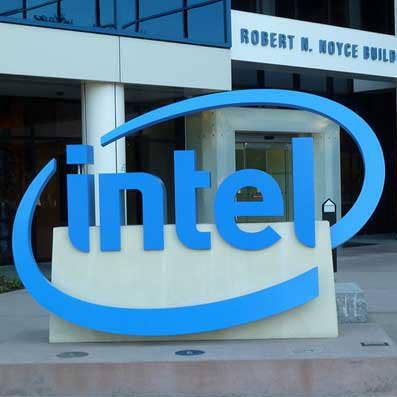Intel Says Rocket Lake Desktop CPUs With PCIe 4.0 Coming Q1 2021
The chipmaker slips in a disclosure about its upcoming 11th-gen Intel Core processors a day ahead of AMD’s big Zen 3 reveal. ‘Intel announcing 11th-gen Core will significantly improve the competitive position when customers are evaluating Intel versus AMD in PCIe support,’ one partner says.

Intel said 11th-generation Core desktop processors with PCIe 4.0 connectivity are coming in the first quarter of 2021, which will finally bring the chipmaker on par with AMD for throughput more than a year and a half after its rival brought PCIe 4.0 to the desktop market.
The Santa Clara, Calif.-based disclosed the release window Wednesday for its next-generation desktop processors, code-named Rocket Lake, a day before AMD is scheduled to reveal its next-generation Zen 3 architecture and Zen 3-based Ryzen desktop processors.
[Related: 10 Cool Gaming PCs Using Intel’s 10th-Gen Core CPUs]
“It’ll be another fantastic processor for gaming, and we’re excited to disclose more details in the near future,” John Bonini, vice president in Intel’s Client Computing Group and general manager of desktop, workstations and gaming, said in a blog post.
Intel executive Stephanie Hallford previously told CRN that the company is planning a vPro variant of Rocket Lake following the company’s big Tiger Lake vPro push in early 2021.
Mark Fertik, vice president of technology solutions at Ace Computers, an Elk Grove Village, Ill.-based system builder that partners with Intel and AMD, said Intel’s support is welcome news that will ultimately benefit end users and allow them to take advantage of higher throughput for PCIe 4.0-enabled components like Nvidia’s latest RTX graphics cards and NVMe storage.
“Intel announcing 11th-gen Core will significantly improve the competitive position when customers are evaluating Intel versus AMD in PCIe support,” he said. “The key drivers to support PCIe 4.0 are new graphic cards and NVMe storage. Both of those are significant factors in the workstation market.”
AMD brought PCIe 4.0 capabilities to desktop PCs in mid-2019 when it launched its Ryzen 3000 processors that are based on its Zen 2 architecture. Intel, on the other hand, has yet to introduce desktop processors that support PCIe 4.0, with the latest 10th-generation Core processors only supporting PCIe 3.0. Intel, however, did beat AMD to the laptop market for PCIe 4.0 support with its new Tiger Lake mobile processors.
Fertik said AMD’s first-mover support of PCIe 4.0 has largely played a factor in purchasing decisions for his customers when it comes to more expensive systems.
“As you move up in budget and capability, it is a factor,” he said. “If you‘re talking to the under-thousand dollar box, no, because they’re not putting anything [expensive] in the under thousand dollar box. As you start to get into the $2,000, $3,000 segment, I think it’s a big factor.”